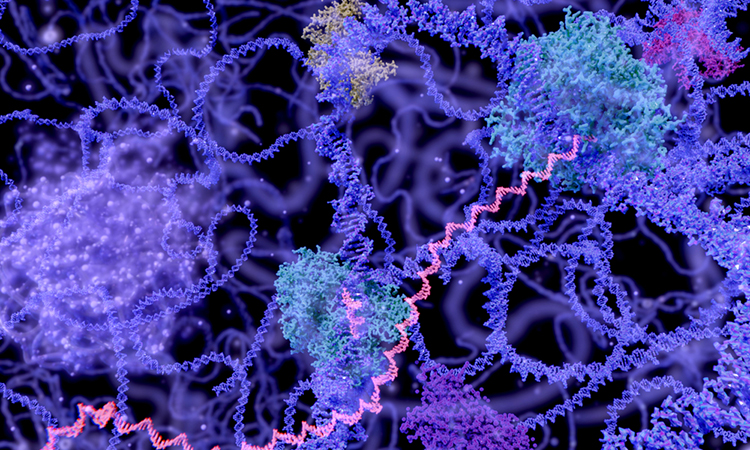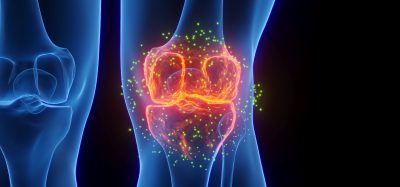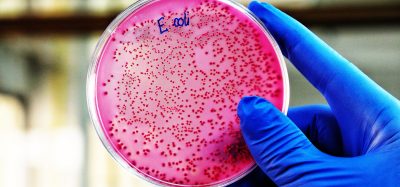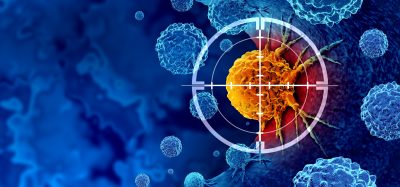Novel target found for CDKL5 deficiency disorder
Posted: 9 February 2024 | Drug Target Review | No comments yet
Scientists have discovered that increasing the levels of the CDKL2 enzyme could stop CDD symptoms developing or worsening.


Scientists at the Francis Crick Institute have identified a novel treatment target for one of the most common types of genetic epilepsy, CDKL5 deficiency disorder (CDD). CDD causes seizures and impaired development in children. It involves losing the function of a gene producing the CDKL5 enzyme, which phosphorylates proteins. Instead of combating this, current medications only manage symptoms.
This research follows recent research conducted by the same lab, which demonstrates that a calcium channel could be a therapeutic target for CDD. In the new study, the team studied mice that do not produce the CDKL5 enzyme. These mice show similar symptoms to people with CDD, such as impaired learning or social interaction.
It was discovered that CDKL5 is active in nerve cells in mice but not in astrocytes. In the nerve cells, the team measured the level of phosphorylation of EB2, a molecule known to be targeted by CDKL5, to elucidate what happens when CDKL5 is not produced. Notably, there was still some EB2 phosphorylation taking place, even in mice that do not produce CDKL5. This indicated that another similar enzyme must also be able to phosphorylate it.
The researchers investigated enzymes similar to CDKL5 and found that one named CDKL2 also targets EB2 and is present in human neurons. The remaining EB2 phosphorylation almost fully dropped off in mice without both CDKL5 and CDKL2. Although most activity comes from CDKL5, they concluded that around 15 percent is from CDKL2, and the remaining <5 percent from another enzyme yet to be identified. Their findings suggest that increasing the level of CDKL2 in people who are deficient in CDKL5 could treat some of the effects on the brain in early development.
Dr Sila Ultanir, Group Leader of the Kinases and Brain Development Laboratory at the Crick, commented: “Through this research, we’ve identified a potential way to compensate for the loss of CDKL5. If we can increase levels of CDKL2, we might one day be able to stop symptoms from developing or getting worse.”
Currently, the scientists are exploring whether mice without CDKL5 can be treated by stimulating their brain cells to produce more CDKL2. Also, the lab is working with biotechnology companies to identify molecules that increase CDKL2 for potential new CDD medicines.
This study was published in Molecular Psychiatry.
Related topics
Drug Targets, Enzymes
Related conditions
CDKL5 deficiency disorder (CDD)
Related organisations
Francis Crick Institute
Related people
Dr Sila Ultanir (Francis Crick Institute)








